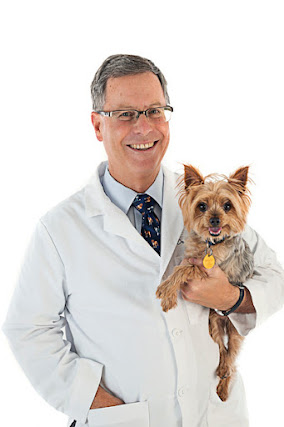Your pet can suffer from allergic symptoms , just like people, when their immune systems start recognizing everyday substances (dust, grass, shampoo, food items) as dangerous. Despite these allergens being common and harmless to most animals, a pet with allergies can have an extreme reaction to them. Allergens can be inhaled, ingested or come in contact with your pet's skin, so as their body tries to rid itself of these substances, a variety of reactions can occur. They can show up as skin, digestive and/or respiratory symptoms.
Common Symptoms of Allergies In Dogs And Cats include:
- Itchy, red, moist or scabbed skin
- Increased scratching
- Itchy, runny eyes
- Itchy back or base of tail (most commonly a flea allergy)
- Itchy ears and ear infections
- Sneezing
- Vomiting
- Diarrhea
- Snoring due to an inflamed throat
- Paw chewing/swollen paws
- Constant licking

